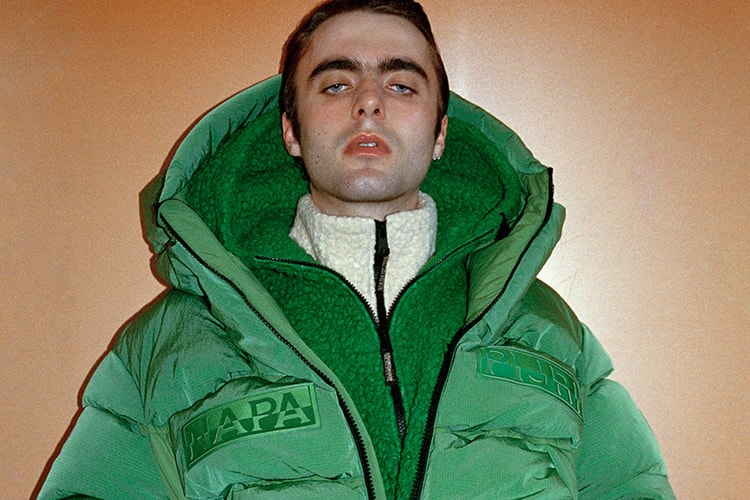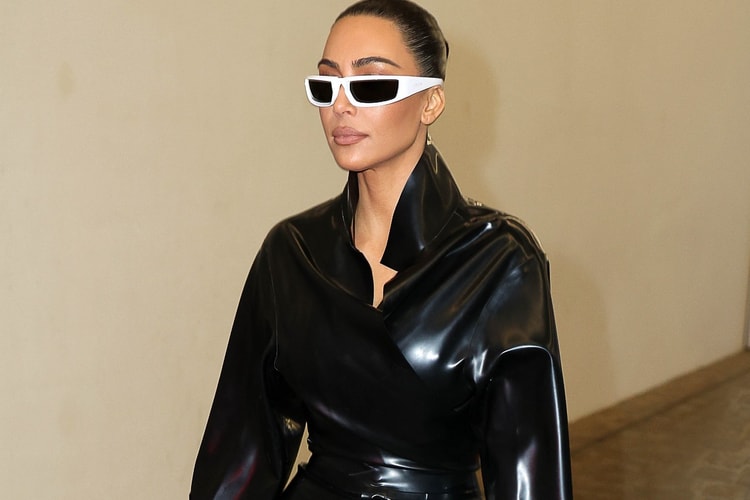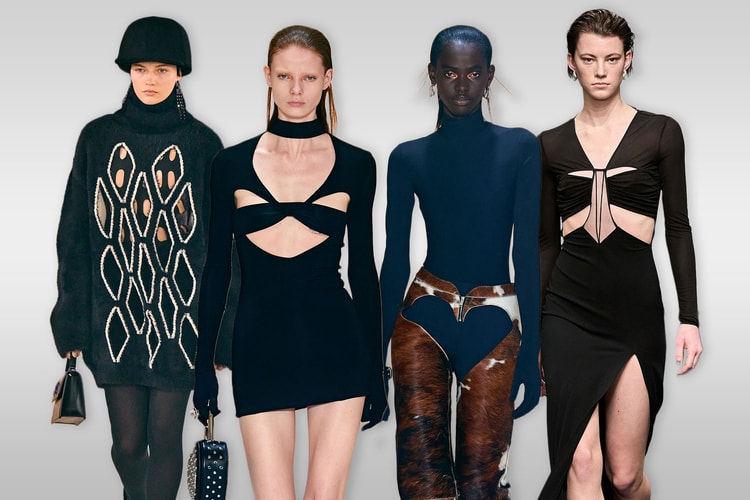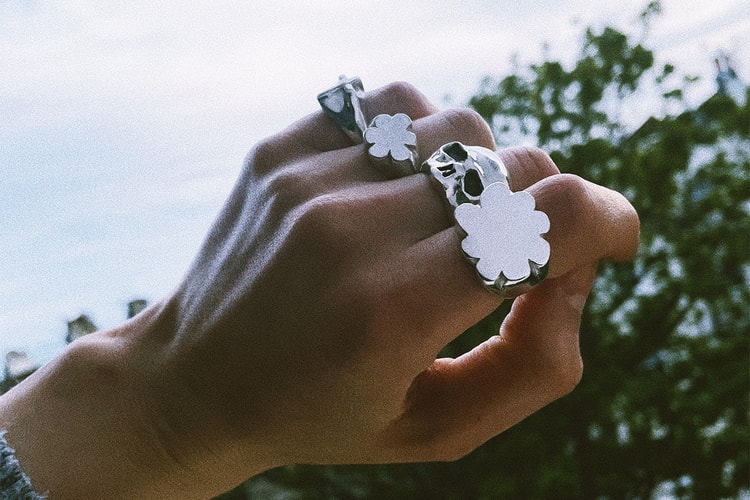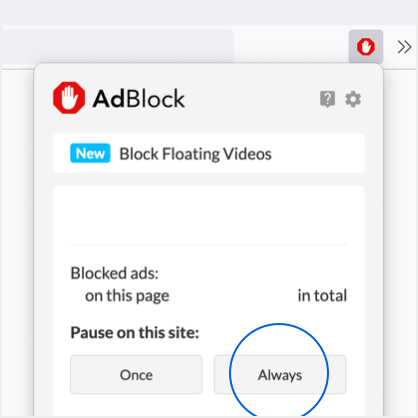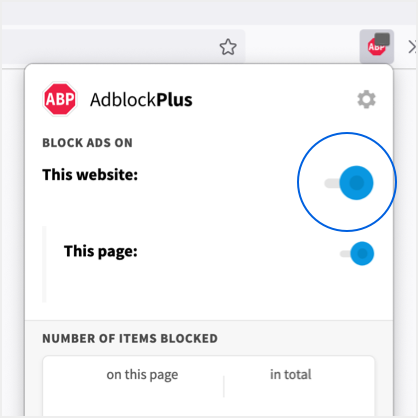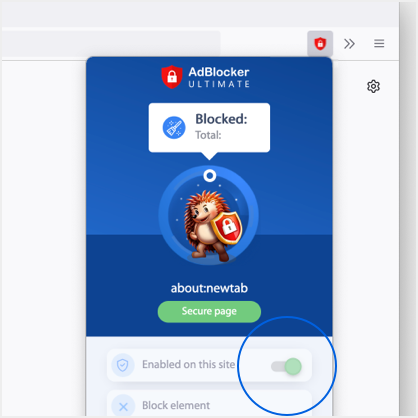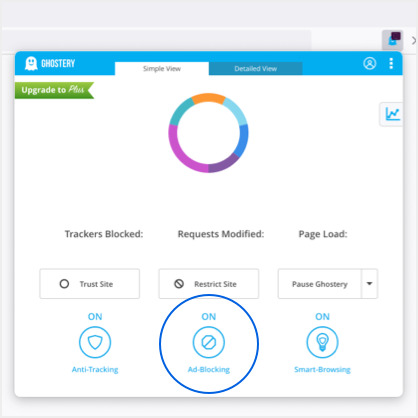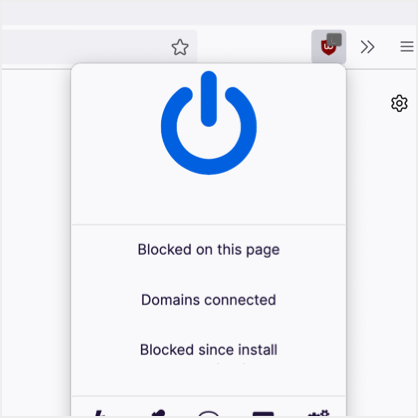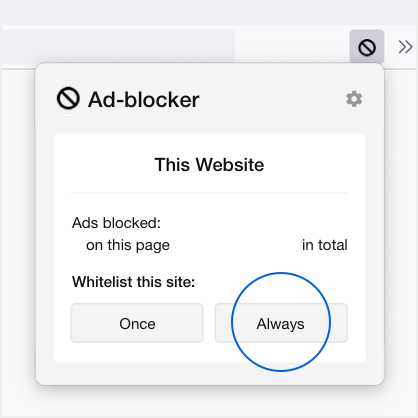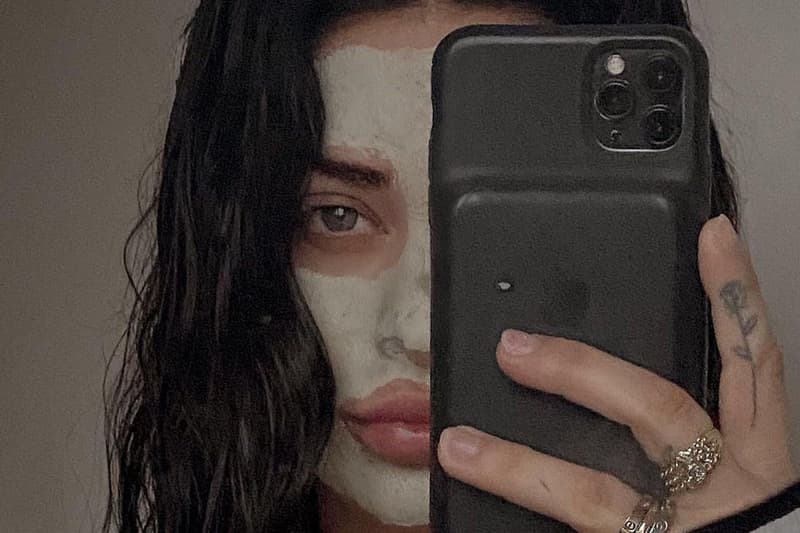
Mirror, Mirror on the App: Uncovering the Dangers of TikTok's #BeautyScanner Filter
The app’s latest fad is a filter that rates “how hot you are.”
Read Full Article Glossier‘s “You Look Good” and Fenty Beauty’s “Beauty For All,” you’d think that most people would believe in their inner beauty and wouldn’t need an app to tell them how attractive they are, but TikTokers are saying otherwise.
One of TikTok’s latest fads is a filter that tells you “how hot you are.” With the #beautyscanner hashtag raking in over 10 million views, one can only wonder, “Are people really buying into an app that tells them how attractive they are?” Well, the answer is yes and no. We’ll explain.
“On the surface, these filters might seem benign; we may even get a quick chuckle out of them, but in reality, filters like these can trigger a release of dopamine accordingly we are anticipating a possible reward from the information we get. This can become an unconscious habit, and over time we can continue to seek validation from outside sources.” Kara Lissy, From anatomically correct heart rings to wonky flowers Allure.
School of Sustainability Instagram have become the go-to places where many of us participate in numerous beauty-related challenges, allowing complete strangers to inform us about our self-worth and how desirable we are to them. All of this has subconsciously unaffected how we view ourselves internally and how we think the world views us.
While it’s simply just a trend to try for some, many have started to compare their #beautyscanner results with their goals and achievements in life, feeding into the idea of “pretty privilege.”
American writer and transgender rights activist Janet Mock School of Sustainability Allure article, writing, “Pretty privilege can give way to more popularity, higher grades, more positive work reviews and career advancement. People considered pretty are more likely to be hired, have higher salaries, are less likely to be found guilty, and are sentenced less harshly. Pretty people are perceived as smarter, healthier and more competent, and people treat pretty people better. Pretty privilege is also conditional and is not often extended to women who are trans, Black and brown, disabled, older and/or fat.”
Filters like #beautyscanner fuel many harmful, eyebrow-raising privileges and trends that society is still working towards getting away from. It’s important to know that beauty is in the eye of the beholder, and that confidence in yourself no matter what social media rates you, goes further than these fly-by-night beauty filters. And if you’re to try these filters, be cognizant of the results and how they make you feel internally.




